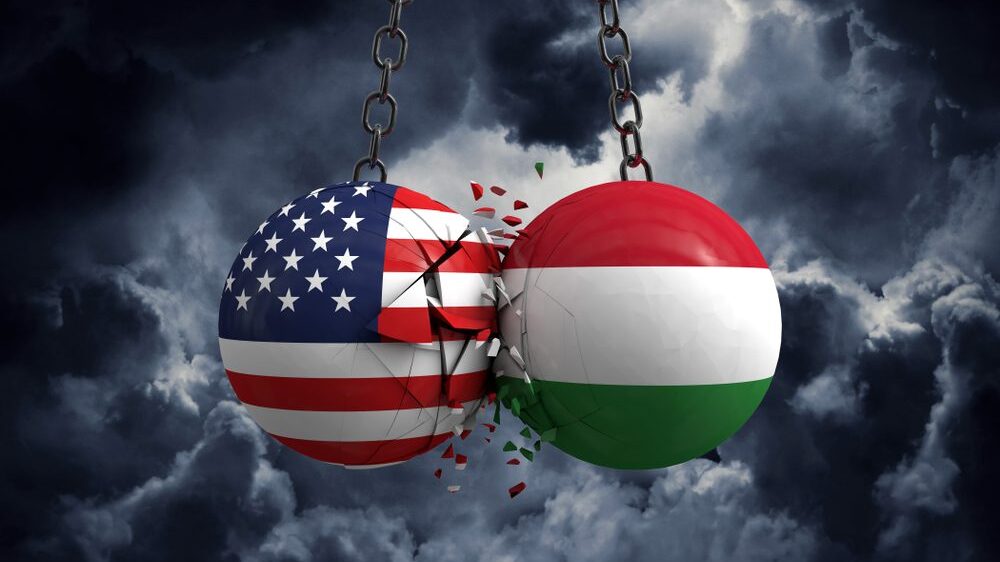
Biden Administration Uses Visa Sanctions to Exert Pressure on Hungary
The restrictions on Hungarian passport holders to travel to the United States put a definite strain on the relationship between the NATO allies.

The restrictions on Hungarian passport holders to travel to the United States put a definite strain on the relationship between the NATO allies.

There is no end in sight for Western sanctions against Damascus as Syrian Catholic bishops warned that the current restrictions were hampering aid efforts and endangering Syrian Christians.
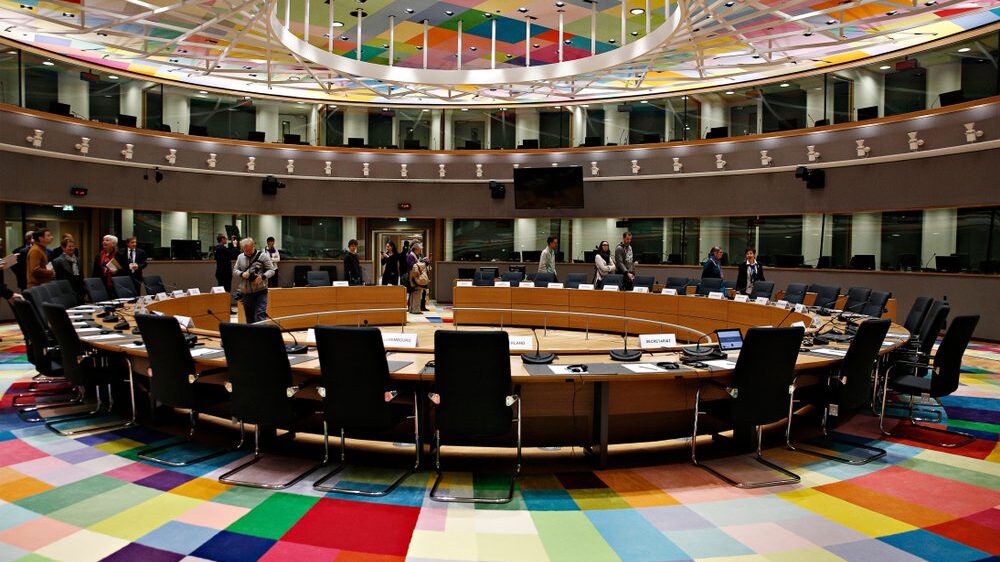
The sanctions were lighter than expected, largely on account of Chinese diplomatic efforts to assure the EU that it would prevent Western hardware from leaking to Russia.

At the annual St. Petersburg International Economic Forum, the Russian leader took swipes at the West.

Meanwhile, Kosovo’s President Vjosa Osmani traveled to Strasbourg to give a speech in front of the European Parliament, where she said Pristina wants nothing but “good neighborly relations.”
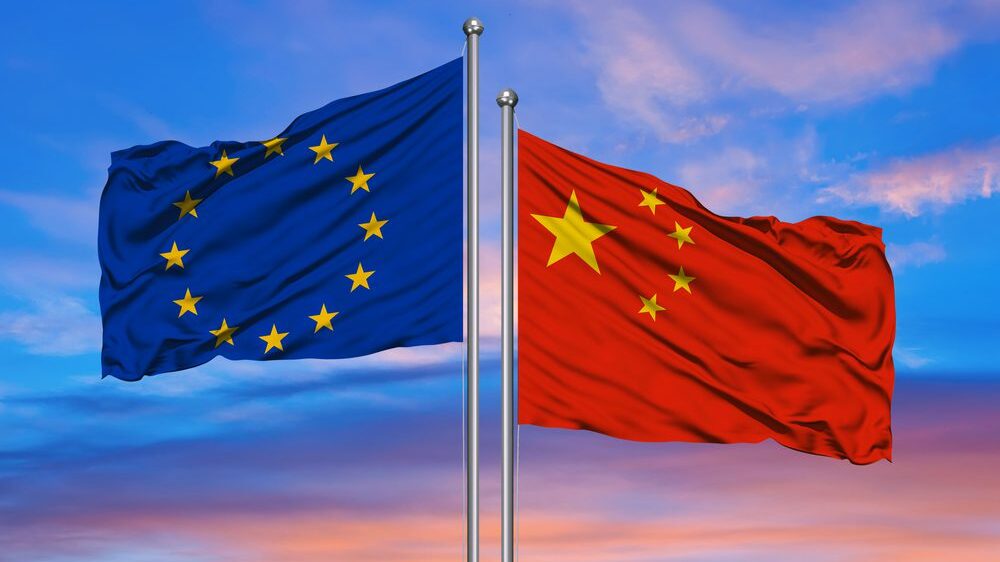
Hungary and Greece are believed to be the primary stumbling blocks to EU sanctions against Chinese companies accused of reselling Western military hardware to Russia.
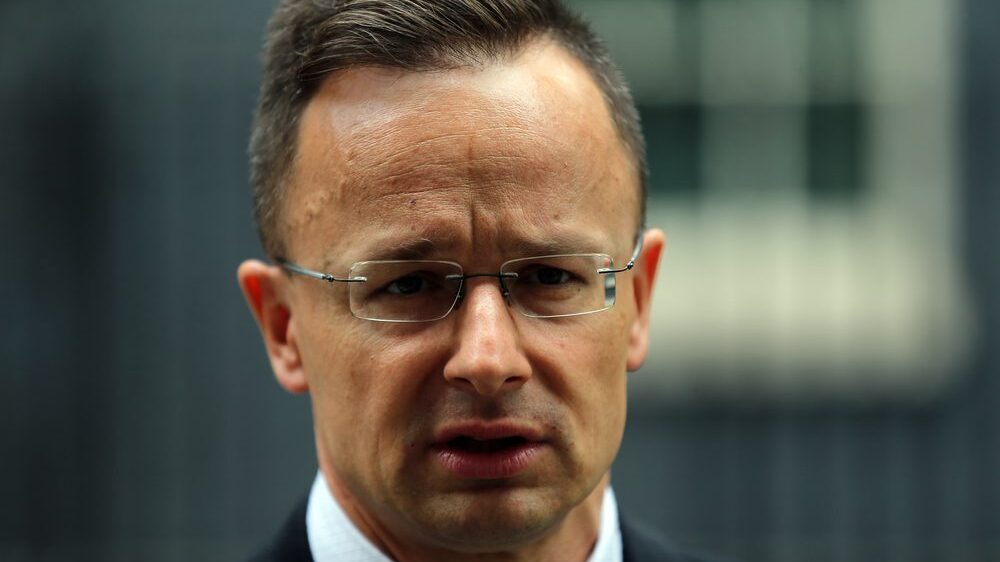
National sovereignty is complicated in a globalised world—even for Hungary.
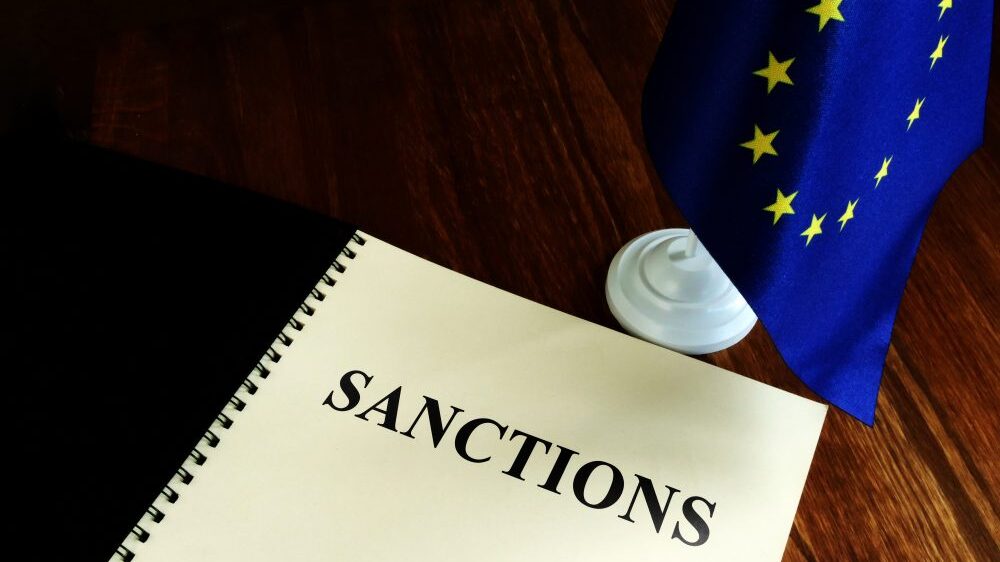
More concessions from the Commission are to be expected as EU members remain divided on shutting down gas pipelines, barring deceitful vessels, and slapping third countries who help Russia with separate sanctions in fear of economic blowback.
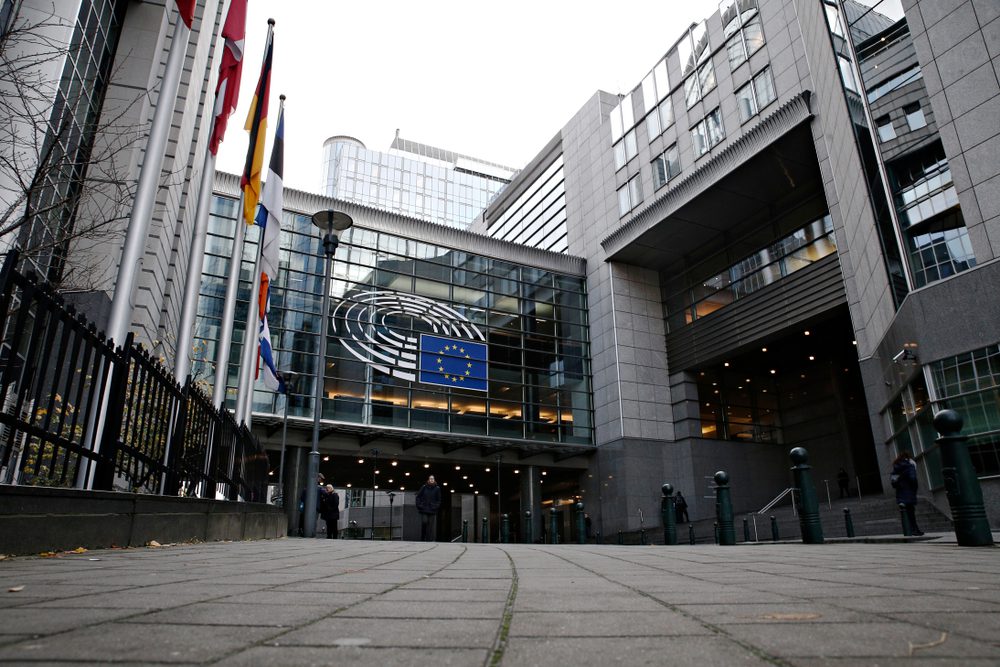
Three progressive MEPs called for the parliamentarians to be censured and subject to financial sanctions for their speeches.
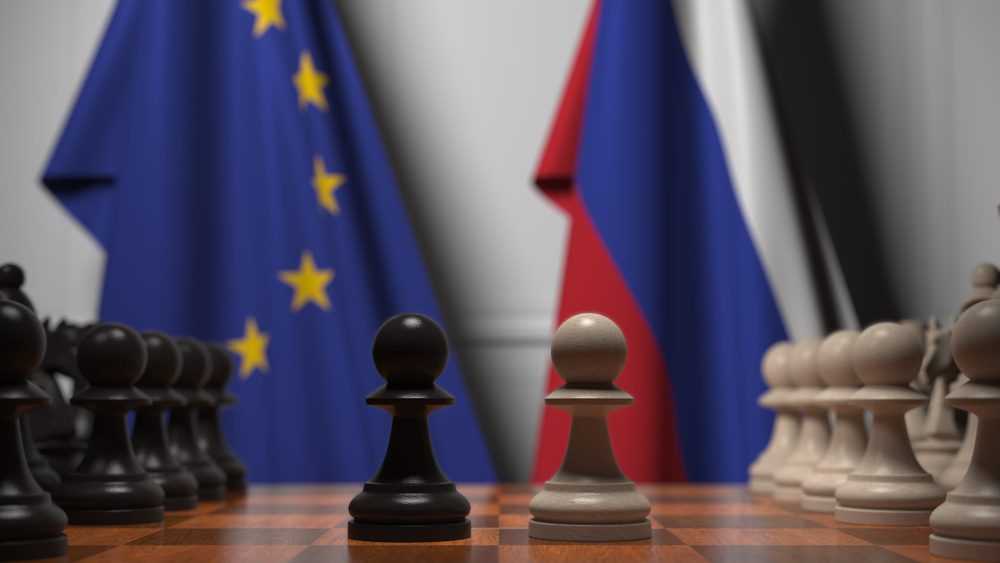
The Commission plans to sanction Turkey and China, among others, but it’s unlikely such a bold move would muster enough support in the Council.